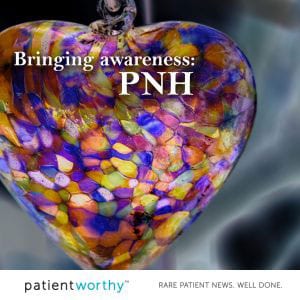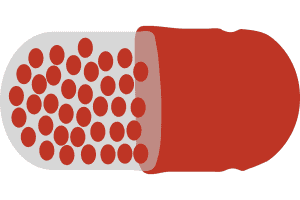A recent study documenting cases of pregnancy in individuals living with paroxysmal nocturnal hemoglobinuria (PNH) was published in the Saudi Journal of Medicine & Medical Sciences.
Previously, research on pregnancy with PNH has been very limited. This new investigation includes 4 patients who have had 10 pregnancies amongst them. All were diagnosed with PNH and live in the Middle East.
PNH and Pregnancy
PNH patients are at a higher risk for thrombosis. Further, we know that pregnant PNH patients have a higher risk of morbidity and mortality for both mother and child.
That said, there hasn’t yet been adequate research done on the correlation of these conditions. We don’t even have extensive information regarding the rates of PNH in pregnancy in the region. As such, we also don’t have enough data to say how to properly manage pregnancy in PNH.
This study aimed to fill that gap.
The Study
All 20 participants in this case study were being treated at King Faisal Specialist Hospital & Research Center in Saudi Arabia. They were all seen at the center from 2013 to 2021. Of the 20 patients, 8 were females and 12 were males. 6 of the females were of reproductive age. Sadly, 2 of these patients passed away after a hematopoietic stem cell transplant.
The final 4 participants all became pregnant after they had been diagnosed with PNH.
For all of these individuals, eculizumab was used as a treatment for PNH. This is because there is no concrete data on the safety of ravulizumab during pregnancy.
The patients each had varied symptoms. Some had more minor symptoms such as darker urine, epistaxis, vaginal bleeding, and pain. But some had much more severe symptoms such as thrombosis and bone marrow suppression. In 4 of the 10 pregnancies in this study, a blood transfusion or platelet transfusion was necessary following hemolysis and bleeding.
The outcomes in pregnancy were also variable, and therefore eculizumab in pregnancy is now also documented as inconclusive in regard to safety.
This research team ultimately concluded that due to PNH complications increasing with pregnancy, pregnancy is not recommended for this patient population. However, if patients do have a pregnancy, they should see specialists both in obstetrics and hematology.
You can read more about this study here.






